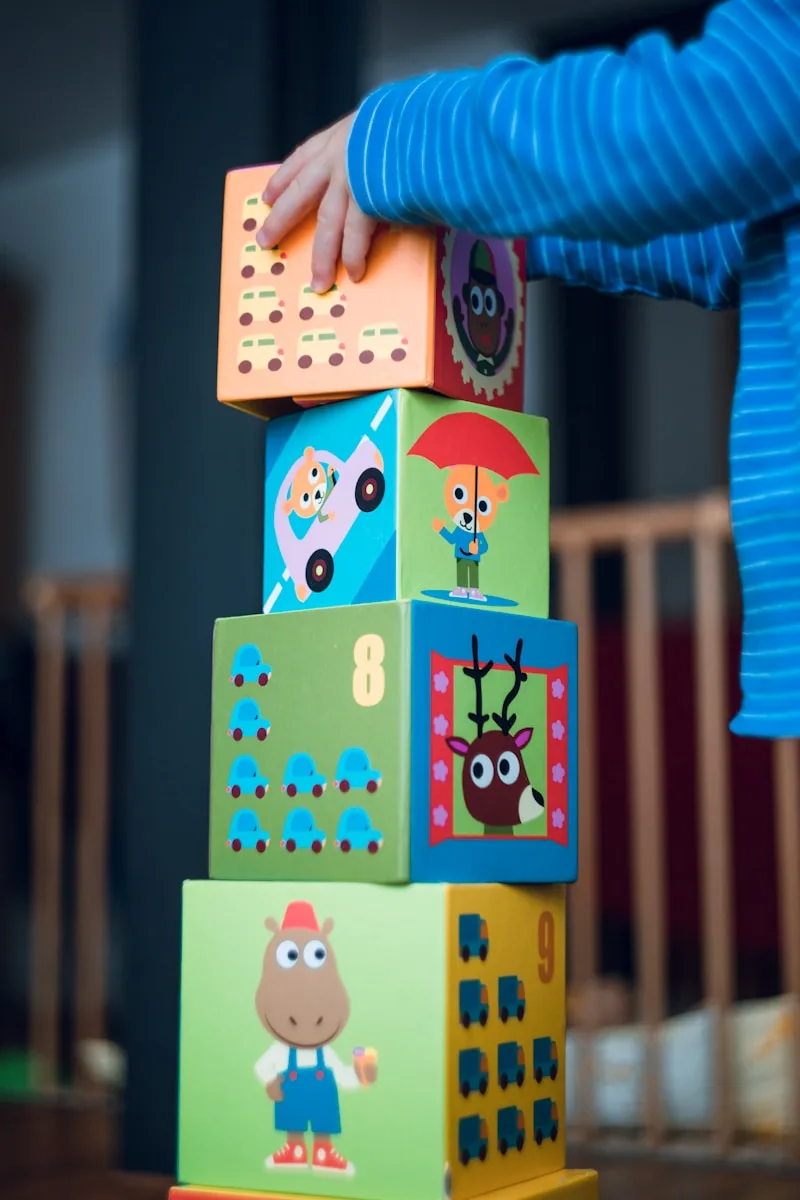
Table of Contents
A child’s growth is greatly aided by the early years of their existence, which generally span from birth to five years. A child’s brain grows significantly during this time, laying the groundwork for their future behavior, learning and general health.
It is our duty as parents and other caregivers to provide a loving and encouraging environment that promotes normal development and growth.
“Toddler care requires adherence to a variety of skills and fundamental concepts,” says Shikha Saxena, AVP-education and international collaborations at Cambridge Montessori Pre-School and Daycare. We can provide a strong foundation for their development – physical, emotional and cognitive – by creating a nurturing, stimulating and supportive environment, meeting their basic needs and guiding them in a compassionate and wise way. Since every child is unique, it is important to recognize their specific needs and adjust your approach accordingly to promote their overall growth and well-being.
10 Smart Parenting Factors For Growing Kids
Let’s explore essential Factors for nurturing a child during their early years:
1. Unconditional Love and Emotional Security
Establishing a strong emotional connection is essential to a child’s mental health. Trust, emotional stability, self-esteem, and feelings of belonging are all enhanced when a loving and caring environment is provided through physical affection, comforting words, and a responsive presence.
2. Responsive Parenting: Meeting Needs Promptly
This factors Taking quick steps to meet a child’s needs whether for hunger, comfort, or socialization is a key component of responsive parenting. This strategy promotes effective communication, emotional control, and value and understanding.
3. Stimulating Cognitive Development
Childhood is a period of rapid cognitive growth in children. Children need to be surrounded by toys, books, and activities that are age-appropriate and encourage discovery and curiosity. Reading, engaging in interactive play, and being exposed to a range of sensory experiences all support their developing cognitive abilities.
4. Nutrition for Growth and Development
Adequate nutrition is essential for the mental and physical growth of a child. It is advisable to ensure that feeding is started from nursing and gradually adding solid food is necessary. A pediatrician’s consultation can help customize the diet to a child’s specific needs.
5. Establishing Healthy Sleep Patterns
A child’s physical and mental well-being depends on getting enough sleep. Creating a regular sleep schedule helps develop good sleep habits, which improve attention, emotional control, and receptiveness to learning.
6. Social Interaction and Relationship Building
A child’s social growth depends on social interactions with classmates and family members. Social skills such as cooperation, empathy, and sharing can be learned through play dates, park visits, and interactions with siblings. These abilities lay the foundation for positive relationships in the future.
7. Positive Discipline and Behavior Guidance
Rather than using punitive methods, effective discipline focuses on teaching limits and appropriate behavior. Children can better understand the reasoning behind expectations when they receive consistent, age-appropriate punishment, positive reinforcement, and clear explanations.
8. Fostering Independence and Decision-Making Skills
Encouraging a child to make age-appropriate decisions builds self-confidence and helps develop decision-making skills. Small tasks such as getting dressed or choosing an activity increase their autonomy.
9. Creating Consistency and Predictability
Young people thrive on consistency and regularity. Children feel more secure, experience less worry, and learn what to expect when regular routines are established for meals, naps, and activities.
10. Continuous Learning and Parental Growth
It is important to keep track of the developmental stages for children and adjust your parenting style accordingly. You can continue to learn and develop with your child by attending parenting classes, talking to professionals, and seeking guidance from trusted sources when facing obstacles.

